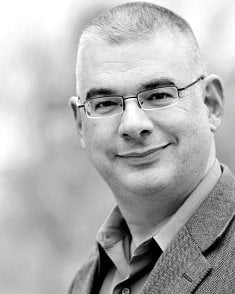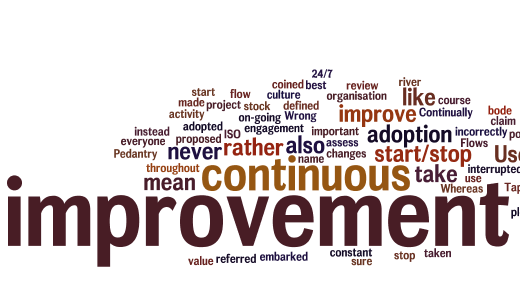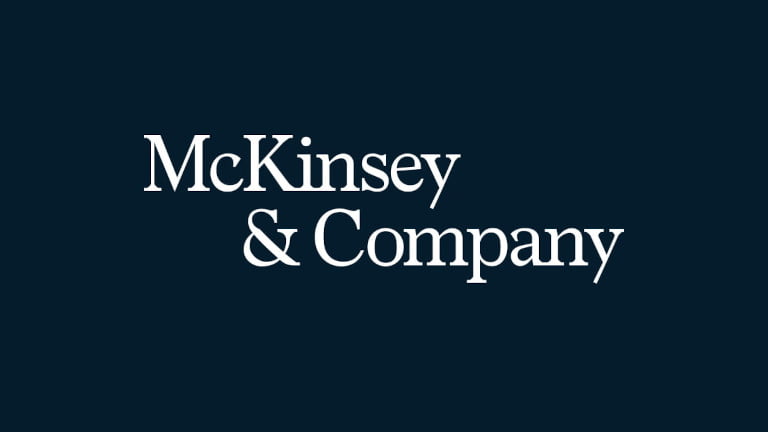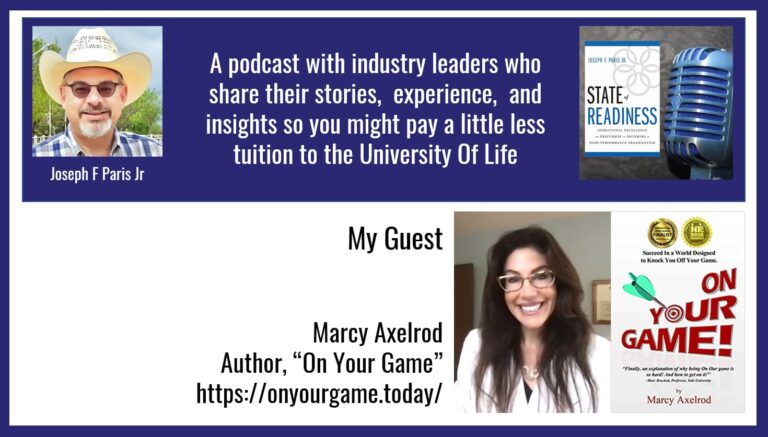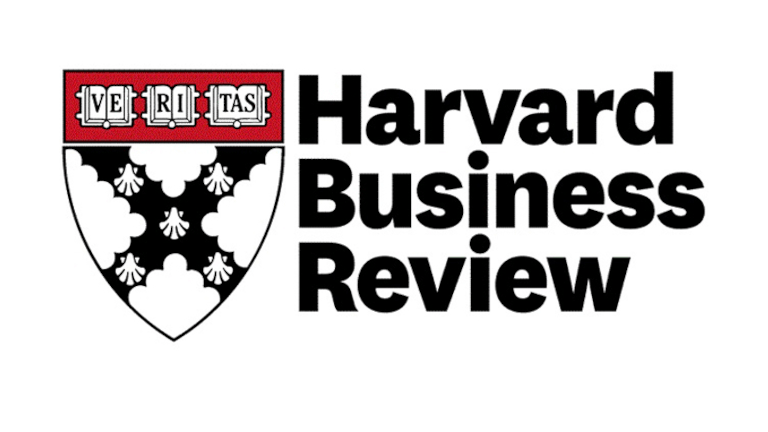Mentoring – The Most Charitable Form of Leadership
Who wouldn’t want to have “The Most Interesting Man in the World” as their own personal Mentor? After all, he is talented, colorful, accomplished and has a wealth of knowledge and experience which would certainly prove to be invaluable to you and your endeavors. And best of all, his delivery is straight to the point and understandable.
“Experience is a hard teacher because she gives the test first, the lesson afterwards.” –Vernon Sanders Law
The best way to accelerate your personal and professional growth is by seeking and engaging mentors. These “Sherpa’s” can be invaluable during your life journey. They can help you snap into focus your dreams and help facilitate their pursuit. They can help you see opportunity and avoid hazards.
You can learn from their experiences – they have made the mistakes you are about to make – and thus lessen your tuition to “Life University”.
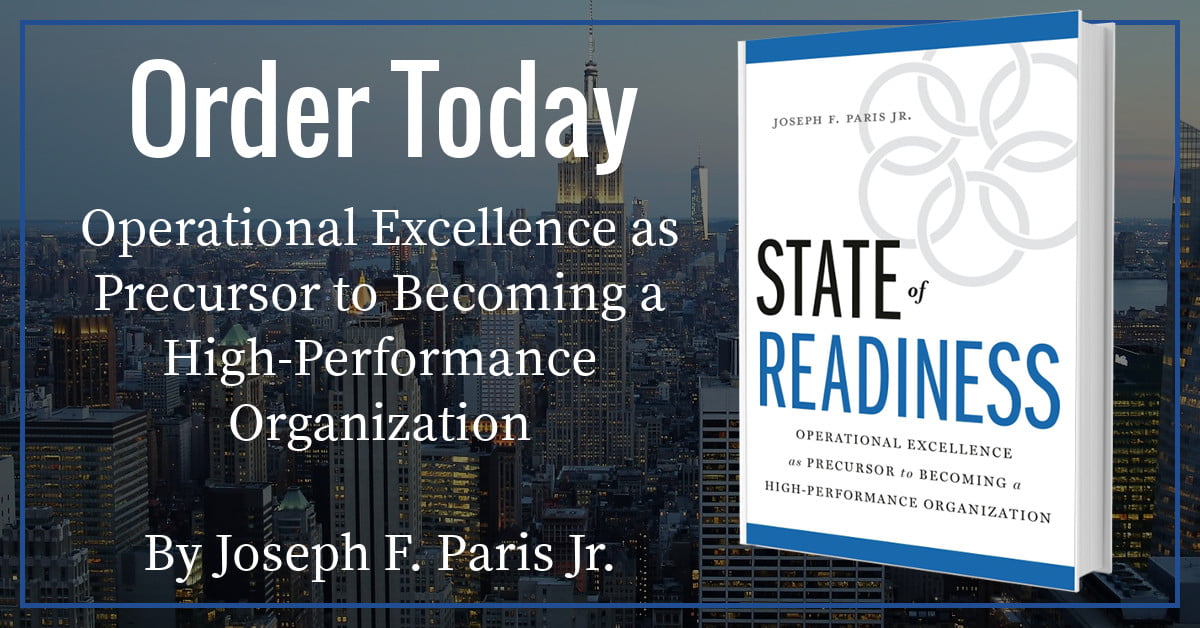
But there is one very important catch – you have to be OPEN to their input and guidance. This is not to say that you should follow all of their advice, but certainly you should give it, and them, considerable respect. If you are a “know it all” with a huge and delicate ego, you will not benefit from having a mentor – and your chances of failure will be exponentially greater for it.
It’s not necessary to find a mentor who specializes in your particular field of interest. If it happens, great – but it’s not required. Rather, your mentor should be someone you respect; a person of good character, who is intelligent, has good judgment, and has experienced much in life.
However, please don’t confuse “Mentor” with “Investor”. Although a mentor may become an investor – and an investor may become a mentor – to look for both in one person will usually result in your finding neither.
Lastly, be patient and hone your networking skills (which you should be doing anyway). You can’t just go out and “find” a mentor. A mentor is someone who you will come across during your life where the mutual rapport builds to a point such that there is respect, trust, understanding and – most important – a willingness for a mentor / protégé relationship to evolve.
___________________________________
“When I was a boy of fourteen, my father was so ignorant I could hardly stand to have the old man around. But when I got to be twenty-one, I was astonished at how much the old man had learned in seven years.” – Mark Twain
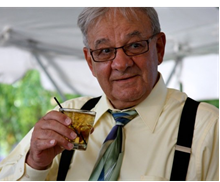
My Father was a life-long employee of International Business Machines (IBM) Federal Systems Division in Owego, New York. I am sure it would not be surprising to anyone reading to hear that he was one of my early mentors – even if the methods and the delivery of his “teachings” might be considered somewhat unconventional. He doesn’t believe in being “touchy-feely” – opting instead for being rather blunt and logical.
On making friends: When I was five years old living in Endicott, New York; my Father won a suggestion award of significant value from IBM. He used some of the proceeds to move us out of an apartment and into a house located across town. Being in a new neighborhood, I didn’t know anyone and was feeling rather low for not having any friends (though there were a lot of other children around).
When I complained to him that I didn’t know anyone and that I was bored, he told me, “You can either be a leader or a follower. There are kids your age all around here. Don’t wait for them to come to you – you go to them and organize something to do.”
It worked – and from that point on, I have never been shy to meet people or to press an agenda.
On Allowance: A little in later in life, when I was 13 years old, I went to my Father and complained that my weekly allowance of fifty cents ($0.50) was just not enough and I needed a raise to seventy-five cents ($0.75) per week.
“Fair enough”, he said. “Write a paper stating your case as to why you deserve the raise and if it’s good, I will increase your allowance.”
So I wrote about how things were expensive and I needed the increase so I could do this and that – giving examples throughout. When I was done, I was pretty happy with the job I did and gave it to him to read.
He rejected my request – telling me, “You wrote about how you needed it – but you failed to tell me why you deserved it.”
I was so upset and angry that the next day I went to Nanticoke Gardens, which was a plant nursery down the road from where we lived, and applied for a job – which I got. The next thing I knew I was making $25 per week, loving life and passing my chores to my younger brother.
I have NEVER been without a job since. Even when we moved to Manassas, Virginia for a year when I was sixteen (16), I had a job at Sambo’s Restaurant within three days of arriving.
___________________________________
“Learn all you can from the mistakes of others. You won’t have time to make them all yourself.” – Alfred Sheinwold
My Father was a “corporate-man” and not an entrepreneur –and thus lacked a dimension of experience and knowledge for which I was in need. During the very early stages of my being a business person in 1987 – I had the good fortune of being referred to Francis “Pogo” Paolangeli. Pogo owns a construction company specializing in heavy excavation and masonry in Ithaca, New York. He plants many of the buildings at Cornell University.
The referral came from an unusual source; John “JP” Dundon who owned J.P. Dundon Computers – a rival firm to XONITEK’s at the time. He explained that he had a prospect in Ithaca which he was referring me too as Ithaca was too far for him to travel (about a one-hour drive). I thanked him, gave Pogo a call and set an appointment to meet.
When you first meet Pogo, you will find him to be an intimidating and blunt man who is not afraid to speak his mind – it does not get easier the second time.
When I got to Pogo’s office, I was asked to wait in the lobby. I sat there for a very long time. Finally, I was invited to Pogo’s office – an office which was designed for intimidation. The guest chairs were obviously shorter than what one would expect – while his chair was big, leather, and sat higher off the ground. I felt like a child in the Principal’s office.
I introduced myself and my firm, and I explained how it came to be that I was referred to him. I asked him about his company and his project – and how we might be able to help. We talked about the various technologies that might be used – comparing my approach to others that he already had (speaking specifications only – not price). Finally, I gave him our Statement of Work.
Afterwards, he took me to one of his job sites where he was planting the new Law School building at Cornell University. Once there, he pointed to a big shovel which was excavating the foundation to the building.
He said, “You see that shovel? That is the biggest shovel within a hundred miles of here. It can dig a hole straight down thirty feet – and whatever I put at the bottom of that hole, only I can get out.” Then he looked at me glaring and asked in the gruffest voice, “Are you sure this is going to all work?”
“<Gulp> “Yes”, was my response. “Ummm… I need a 50% deposit.”
His response, “You will get paid when the project is done”.
All the way home I thought about the project, Pogo and the risks. If I do the job and he doesn’t pay, I am busted out of business – perhaps this is why I was referred by my competition? I wanted to call Pogo up and tell him to forget it.
However, I didn’t. With great trepidation I took the job, finished the job, and got paid just as Pogo promised.
Afterwards, Pogo took me under his wing. Although he never invested hard money in my business (neither he nor I ever mentioned the subject) – he taught me a great many lessons in the ways of business, he introduced me to his expanded network where I gained a great many projects (making sure to always execute at the highest level of performance so as to not ever be a source of embarrassment) – and he expanded my life experiences.
Pogo on winning and losing projects: Pogo bid a great many projects. He once said that winning a project was more nerve-wracking than losing a project because he was always worried about what he might have forgotten – especially if he was the low-bidder by more than 2%.
But his advice was simple, “If you lose all the jobs – you are doing something wrong. And if you win all the jobs – you are doing something wrong. It’s a good sign to win some and lose some. Just remember to be gracious regardless.”
___________________________________
“Experience is not what happens to you; it is what you do with what happens to you.” –Aldous Huxley
In addition to my Father and Pogo, I have had the good fortune to have had a cadre of mentors in my life who were willing to help facilitate me and my endeavors. I have found that I am never too old to add to this distinguished group of individuals as my interests evolve and expand.
Mentors do not take compensation. If they did they are not mentors, but rather consultants. A mentor’s only real satisfaction is to see their protégés realize their potential. You are a part of their legacy.
Earlier this year, Mr. Heinz passed away. He was an English Teacher I had in High School when I was 16 years old and was an early mentor of mine – one whose lessons I have recalled a great many times. There were throngs of people who came to his viewing – with the line serpentined around the building and people standing in line for hours to pay their respects. The funeral Mass at the Church was packed like it was Christmas Holiday.
I believe the only genuine way that you can pay a mentor is to honor them – and you honor them by being a mentor to someone deserving when the time is appropriate. Although being a mentor can be a very rewarding experience, making the decision to commit to such a role in another’s life should not be taken light-heartedly.
I have come to a point in my life over the past few years where I have gained enough experience such that others seek my mentorship. It started a few years ago when I was invited to guest-lecture at Binghamton University. I found the experience of speaking with students to be very rewarding and have since addressed academic functions around the world. In almost every case, I make a connection with a student (or even a professor) that will lean upon me for guidance on an on-going basis.
I find the experience exhilarating and have made sure that devoting time to such endeavors takes a respectable amount of my energy.
And I wonder how many people will come to my funeral – unfortunately, I will miss it by just a few days.
“Good judgment comes from experience. Experience comes from bad judgment.”
– Jim Horning
Holiday Wishes
And so as we come to the end of another year; we find ourselves reflective of the past’s hard fought battles, won and lost; of loves arrived and departed, and of business successes and disappointments.
With rebuilding spirit, we look with great anticipation to what lay before us in the coming year.
Most importantly, we look to reconnect over the next few weeks with our families and closest friends.
I do hope that you have enjoyed receiving our monthly eNewsletters as much as we have enjoyed producing them and that you have gained from investing your time in reading them. It has been a great pleasure to be a part of your life and I thank you for your time, consideration and support.
So, as the Irish cheer goes…
“May the best of your 2010 be the worst of your 2011.”
Paris is the Founder and Chairman of the XONITEK Group of Companies; an international management consultancy firm specializing in all disciplines related to Operational Excellence, the continuous and deliberate improvement of company performance AND the circumstances of those who work there – to pursue “Operational Excellence by Design” and not by coincidence.
He is also the Founder of the Operational Excellence Society, with hundreds of members and several Chapters located around the world, as well as the Owner of the Operational Excellence Group on Linked-In, with over 25,000 members.
For more information on Paris, please check his Linked-In Profile at: http://de.linkedin.com/in/josephparis



